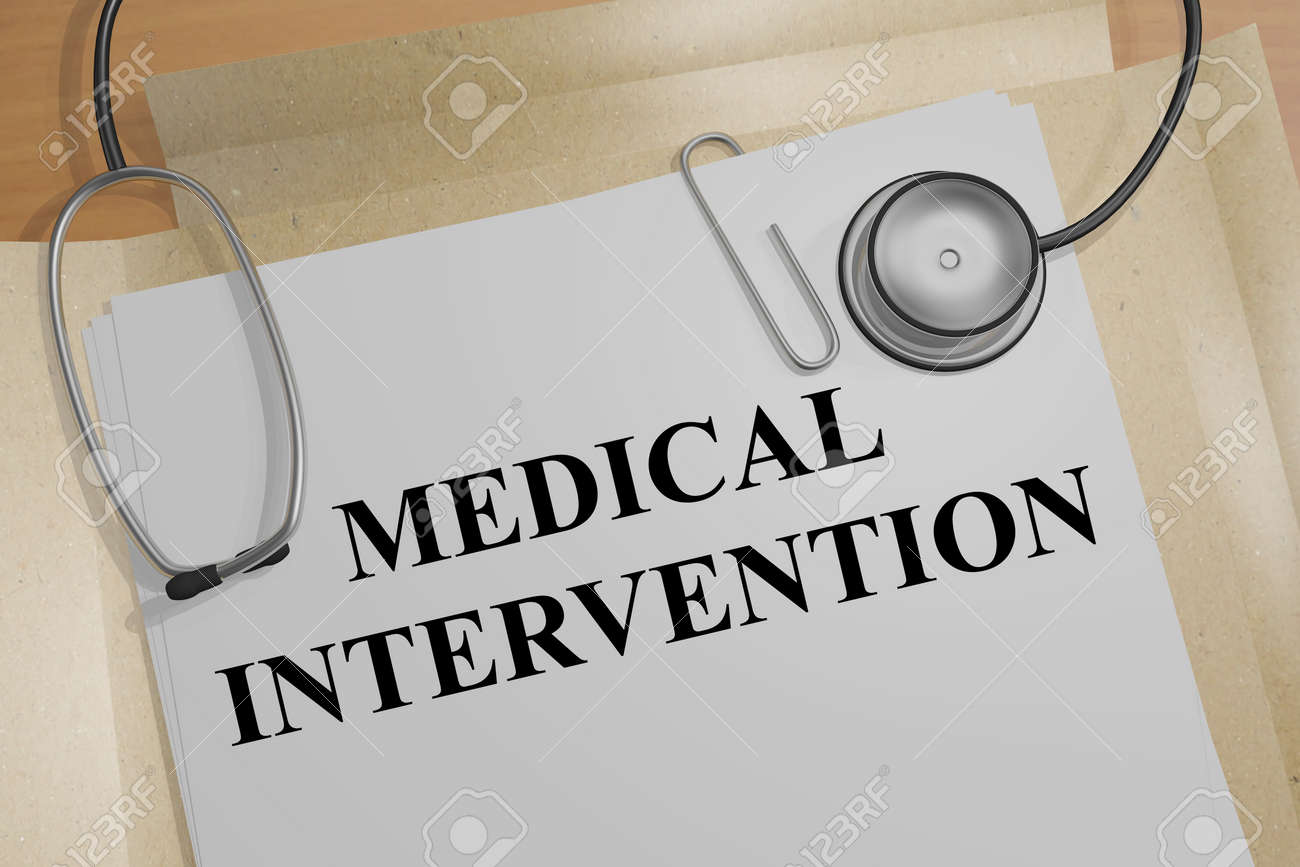Dealing with a Poop Stuck Halfway Out: Effective Methods for Relief
Experiencing discomfort due to a poop stuck halfway out can be distressing and painful. It's a common issue that many individuals face at some point, often stemming from factors such as constipation, improper diet, or inadequate hydration. In this article, we will explore effective methods to alleviate this uncomfortable situation and provide tips for preventing it in the future.
1. Understanding the Issue: Why Does It Happen?

Why Does It Happen
Before delving into solutions, it's crucial to understand why poop can get stuck halfway out. Constipation, characterized by infrequent and difficult bowel movements, is a primary culprit.
When stool becomes hard and dry, it can get lodged in the rectum, causing discomfort and difficulty in passing. Certain medications, dietary habits, and lifestyle factors can contribute to constipation.
2. Method 1: Natural Remedies
Hydration: Adequate water intake is vital for maintaining proper digestion. Drinking plenty of water throughout the day can help soften the stool and make it easier to pass.
Fiber-Rich Diet: Consuming foods high in fiber, such as fruits, vegetables, whole grains, and legumes, can promote regular bowel movements. Fiber adds bulk to the stool and helps prevent constipation.
Prunes and Prune Juice: Prunes are well-known for their natural laxative effects. Eating prunes or drinking prune juice can stimulate bowel movements and provide relief.
3. Method 2: Positioning and Relaxation Techniques
Squatting Position: The natural squatting position aligns the rectum more effectively and can aid in passing stool. Elevating your feet using a small stool or platform while sitting on the toilet can mimic this position.
Deep Breathing: Relaxation techniques, such as deep breathing exercises, can help relax the pelvic muscles and ease the passage of stool.
4. Method 3: Lubrication and Manual Assistance
Lubrication: Applying a water-based lubricant to the anus can help ease the passage of stool. Be gentle and avoid using products with harsh chemicals.
Manual Assistance (Only if Necessary): In extreme cases, if the stool is impacted and causing severe discomfort, manual assistance might be considered. However, this should only be done under the guidance of a medical professional.
5. Method 4: Medical Intervention

Medical Intervention
Over-the-Counter Laxatives: Certain laxatives, such as stool softeners or osmotic laxatives, can provide short-term relief from constipation. However, prolonged use without medical advice is not recommended.
Enemas: Enemas involve introducing a liquid solution into the rectum to soften and stimulate the stool. Enemas should be used sparingly and as advised by a healthcare provider.
6. Prevention Tips
Maintain a Balanced Diet: Consume a diet rich in fiber and stay hydrated to promote regular bowel movements and prevent constipation.
Stay Active: Regular physical activity can stimulate bowel motility and prevent stool from getting stuck.
Limit Processed Foods: Processed foods, especially those high in sugar and low in fiber, can contribute to constipation.
Establish a Routine: Try to establish a consistent time for bowel movements to train your body's natural rhythm.
7. When to Seek Medical Attention
If the issue of a stuck stool persists despite trying home remedies or if you experience severe pain, bleeding, or other unusual symptoms, it's important to consult a healthcare professional.
Chronic constipation could be a sign of an underlying medical condition that requires proper diagnosis and treatment.
Dealing with a poop stuck halfway out can be uncomfortable, but there are several methods to alleviate the issue. Natural remedies, relaxation techniques, and proper positioning can aid in passing stool more comfortably. It's essential to focus on preventive measures, such as a fiber-rich diet and staying hydrated, to avoid experiencing such discomfort in the future. However, if the problem persists or becomes severe, seeking medical guidance is advised for proper diagnosis and treatment.